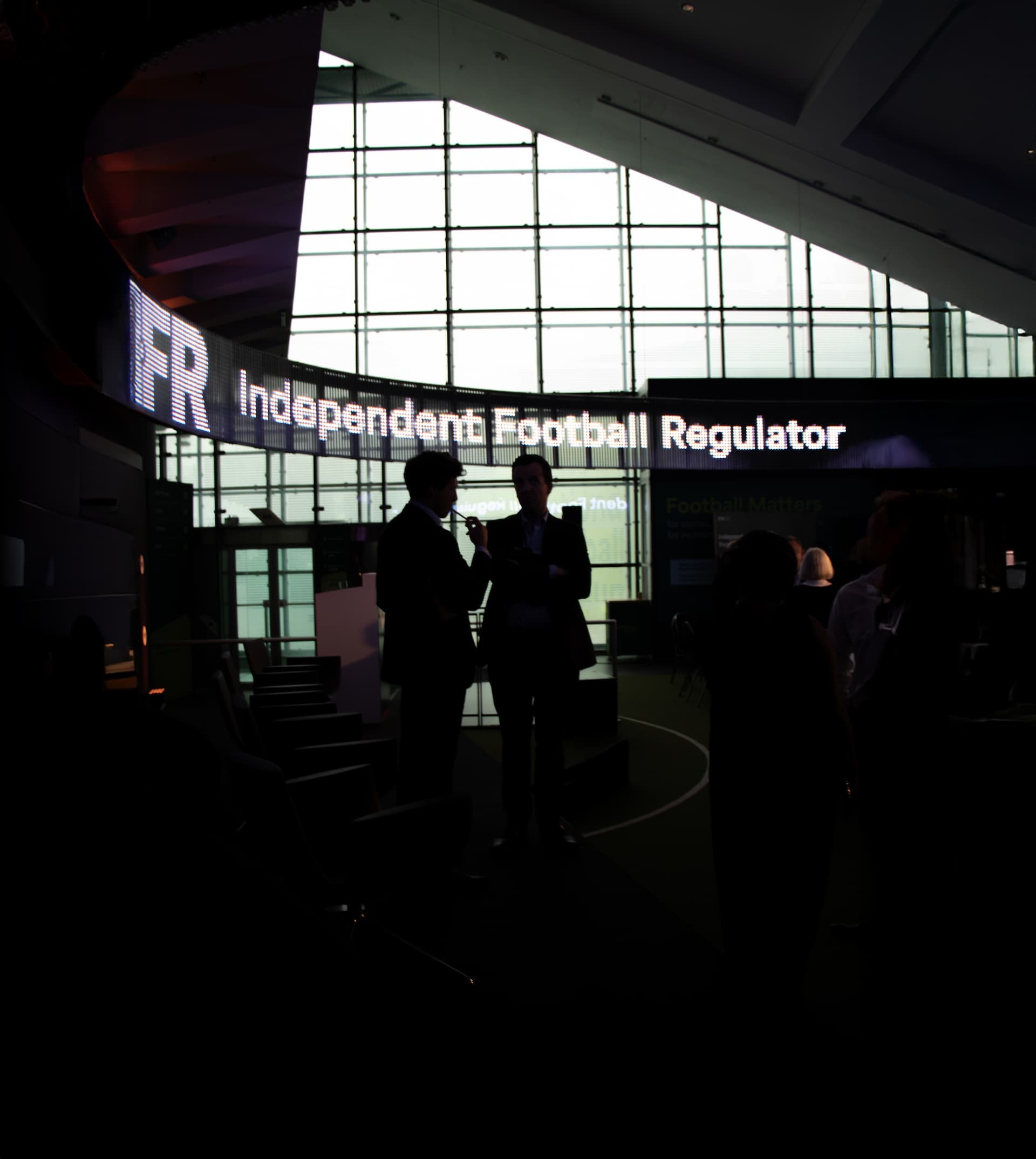Clubs

What the Independent Football Regulator will do:
The IFR will have powers to operate a licensing regime, and to monitor and enforce compliance with requirements on financial regulation; fan engagement and club heritage. It will also introduce an enhanced club owners, directors and senior executives test.
The IFR will set corporate governance standards and have the power to prohibit clubs from joining competitions where they are not fair and meritocratic, and would threaten the heritage and sustainability of English football.
What do clubs need to do?
Hold a licence to operate
All regulated clubs (from the Premier League to National League) must obtain and maintain an IFR licence to compete in sanctioned competitions.
Meet financial sustainability standards
Clubs must demonstrate they can operate responsibly, with viable budgets, risk management and no unsustainable debt.
Comply with the Football Club Governance Code
Each club must publish a governance statement explaining how it meets standards of transparency, accountability, and board oversight.
Engage meaningfully with fans
Clubs must meet the “fan engagement threshold,” ensuring regular consultation on key matters such as ticketing, operational and match-day issues, and the club’s strategic direction.
Protect club heritage
Any change to core identity (name, badge, home colours, stadium) requires fan consultation and in some cases, majority fan support or IFR approval.
What the IFR will do
Licensing system: clubs must hold a licence to operate
All clubs in scope will need either a provisional or full operating licence to participate in competitions.
The provisional licence is transitional (e.g. over ~3 years) for clubs to meet full licence requirements.
The IFR has the power to attach “mandatory” and “discretionary” conditions to licences.
Ownership, directors, and suitability
The Act gives the IFR strong oversight over who owns and runs clubs, and how changes are handled: